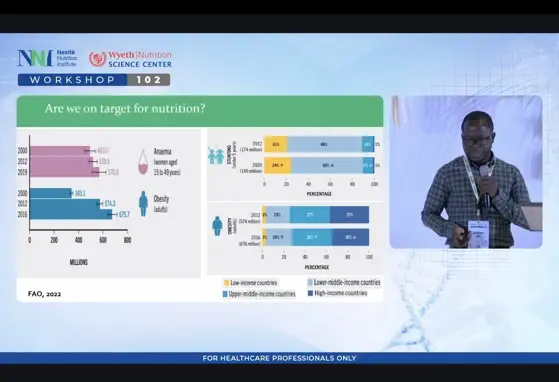Zinc against diabetes complications

Higher zinc levels in the blood may be linked to a lower risk of cardiovascular disease for those with diabetes, says a review that also exposes holes in existing evidence. The essential trace element zinc has been proposed as a potential strategy against type 2 diabetes. However, there has been no work to systematically review the evidence to support this protective effect against the development of cardiometabolic diseases.
A review of 14 papers published in the journal Nutrients sought to remedy this. It found evidence of a protective effect against the risk of cardiovascular diseases (CVD), which was particularly pronounced in those with CVD risk factors like type 2 diabetes mellitus and patients referred for a heart health test called coronary angiography. In the EU there are a host of approved health claims for zinc including those for immune system health, normal DNA synthesis and cell division and cognitive function.
However the European Food Safety Authority (EFSA) rejected an application for zinc and cardiovascular system health, saying a cause and effect relationship had not been established. The right dose One study included in the review found type 2 diabetes patients with serum zinc levels of less than 14.1 micromole (μmol) per litre experienced a 37% higher incidence of heart attack. Another study showed patients referred for the coronary angiography test who had serum zinc of less than 11.9 μmol/L had a greater risk of CVD mortality.
“The serum zinc thresholds identified for increased CVD risk from these studies are within the typical reference range of 10–18 μmol/L. This suggests that the optimal level of serum zinc concentrations for the reduction of CVD risk exists at the upper end of the reference range for those with pre-existing risk factors,” wrote the researchers from the University of Otago in New Zealand and University of Sydney in Australia.
“There is good evidence for improving zinc status in individuals with pre-existing type 2 diabetes mellitus as an adjunct treatment strategy for the reduction of diabetes mellitus complications, such as CVD.”
The global prevalence of diabetes has risen dramatically in recent years, jumping from 4.7% of adults over 18 in 1980 to 8.5% in 2014, according to the World Health Organisation (WHO).
They said optimal zinc status via supplementation or wholefood was associated with improvements in intermediate markers of the progression of type 2 diabetes like glycaemic control and high concentrations of lipids in the blood. It also reduced rates of secondary complications of the condition. Call for more research However the review said these conclusions were based on an “incomplete evidence-base”.
“Further investigations into the mechanisms of zinc’s action on the pathogenesis of chronic diseases and additional evidence from observational studies are required to establish a recommendation for dietary zinc in relation to the prevention of CVD and type 2 diabetes mellitus,” wrote the researchers.
They said future research should take into consideration the influence of dietary zinc bioavailability, differing sources and appropriate statistical adjustments.
Source: Nutrients 8(11), 707; doi:10.3390/nu8110707 “Zinc Status and Risk of Cardiovascular Diseases and Type 2 Diabetes Mellitus—A Systematic Review of Prospective Cohort Studies” Authors: A. Chu, M. Foster and S. Samman
Links : http://www.nutraingredients.com/Research/Zinc-against-diabetes-complications-Review



